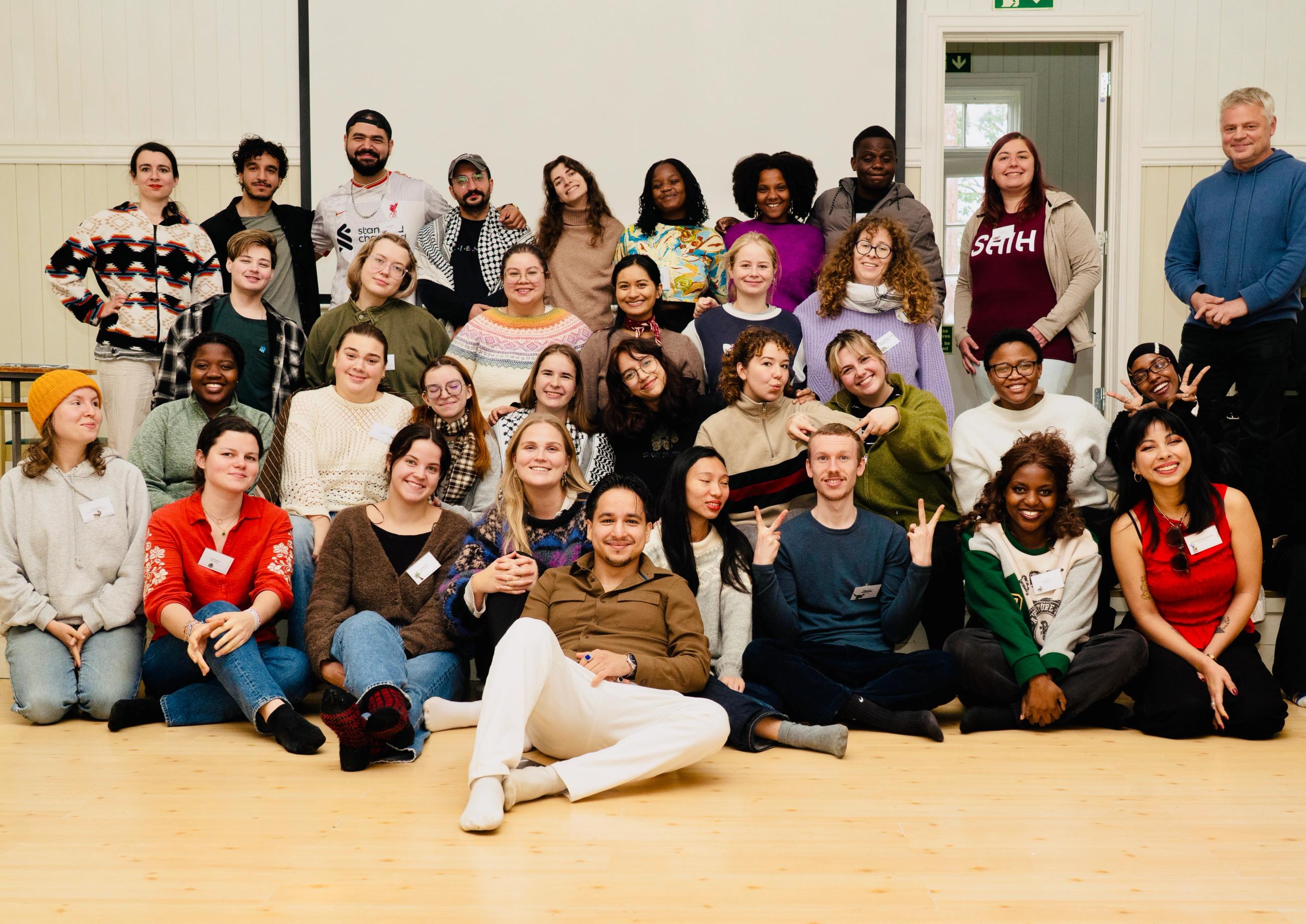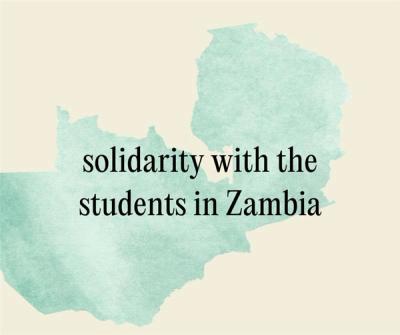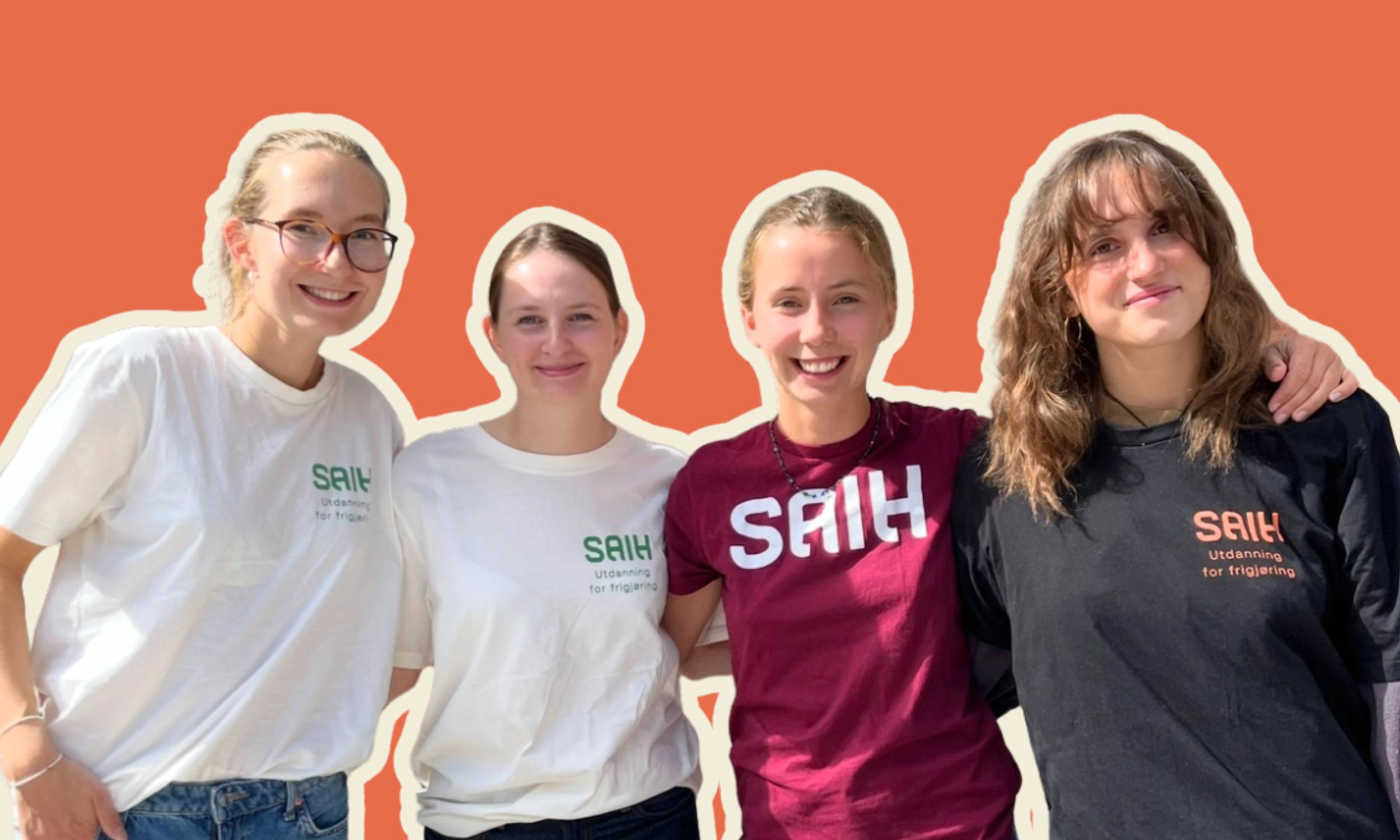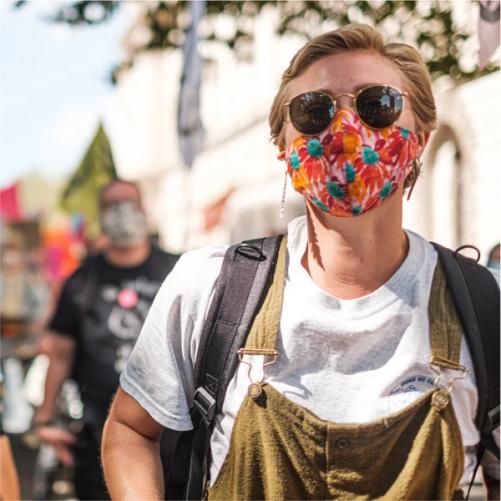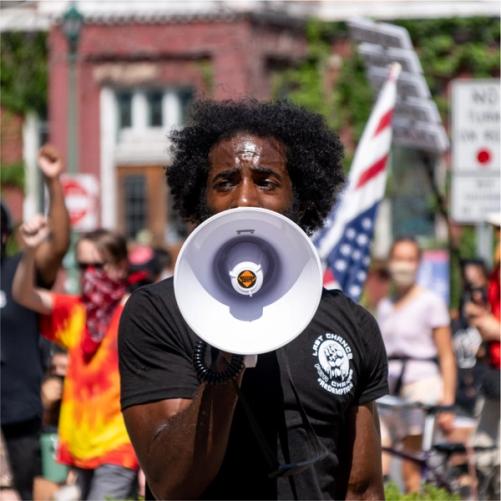News
Attacks on students and scholars in 65 countries
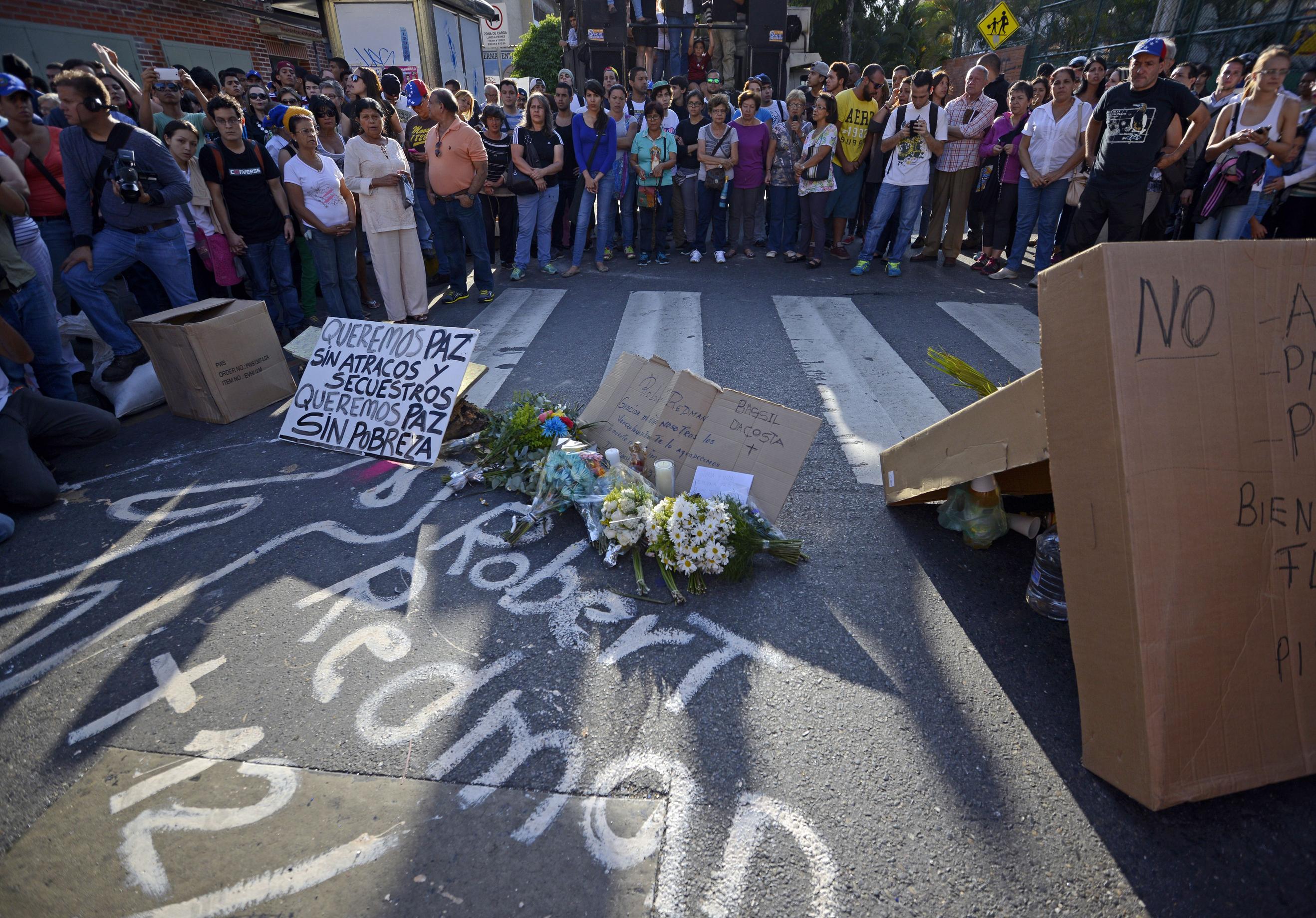
"Attacks on universities and colleges are occurring with alarming frequency," says Robert Quinn, Executive Director of Scholars at Risk.
"They threaten the safety and well-being of scholars, students, administrators and staff; undermine the quality and accessibility of academic work and instruction, which denies everyone the benefits of expert knowledge and scientific and creative progress; and shrink the space where people can freely think and ask questions about complex and contentious issues."
Types of attacks include killings, violence and disappearances; false imprisonment and wrongful prosecution; loss of position and expulsion from study; restrictions on travel; and other attacks that significantly impair higher education.
"These types of attacks encompass the vast majority of violent or coercive conduct aimed at higher education communities today," says Jesse Levine, Advocacy Officer and manager of the Monitoring Project.
The culmination of four years of monitoring and analysis by Scholars at Risk staff and researchers around the world, Free to Think demonstrates the pressing need to raise awareness and document attacks on higher education:
There is a crisis of attacks on higher education communities around the world.Attacks on universities, scholars and students are early warning signs of political, social and cultural insecurity.Universities and scholars are critical parts of national infrastructure that is essential to rebuilding conflict torn states.
The report calls on all stakeholders, including the international community, states, the higher education sector, civil society and the public at large to undertake concrete actions to increase protection for higher education communities, including documenting and investigating attacks, and holding perpetrators accountable.
"We hope this report will inspire everyone to do more to protect higher education and the freedom to think," says Mr. Quinn.


